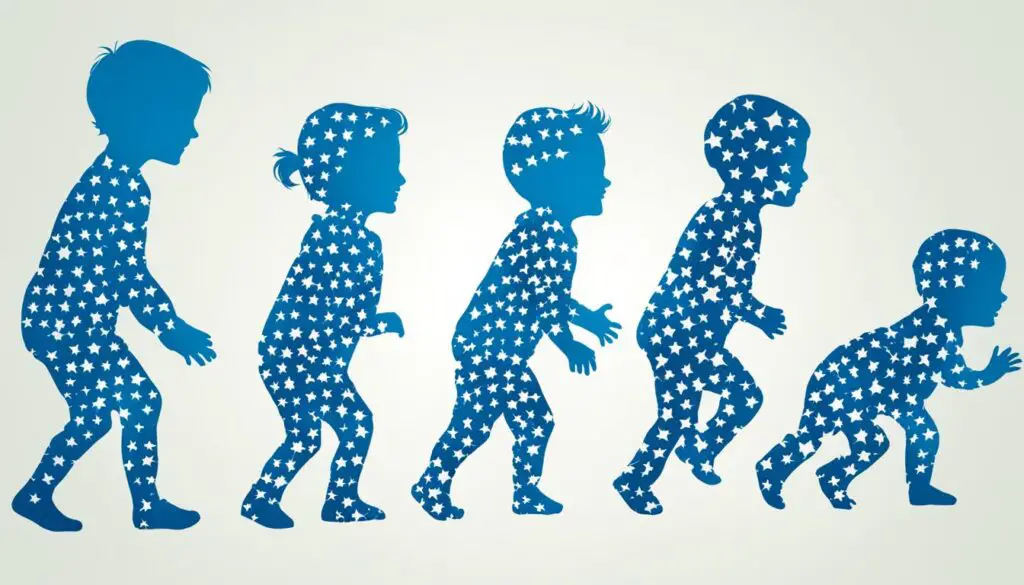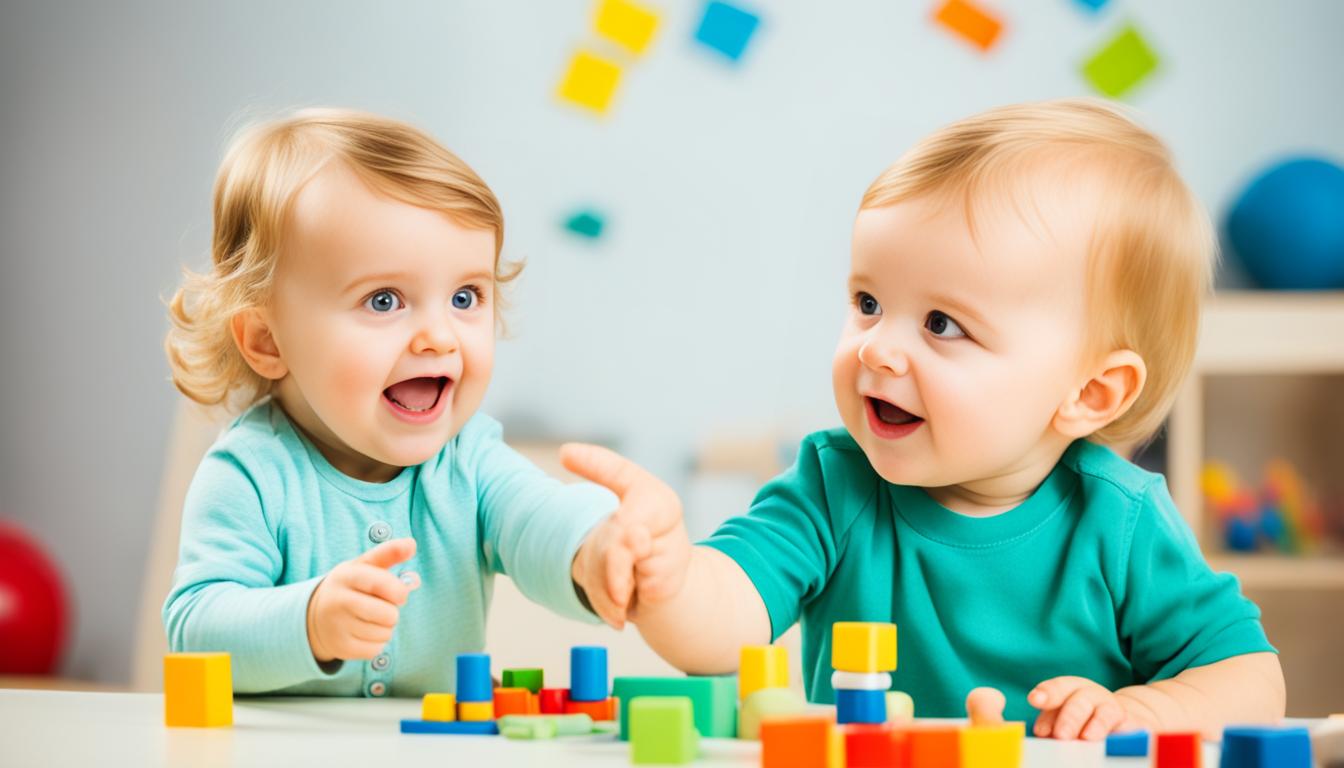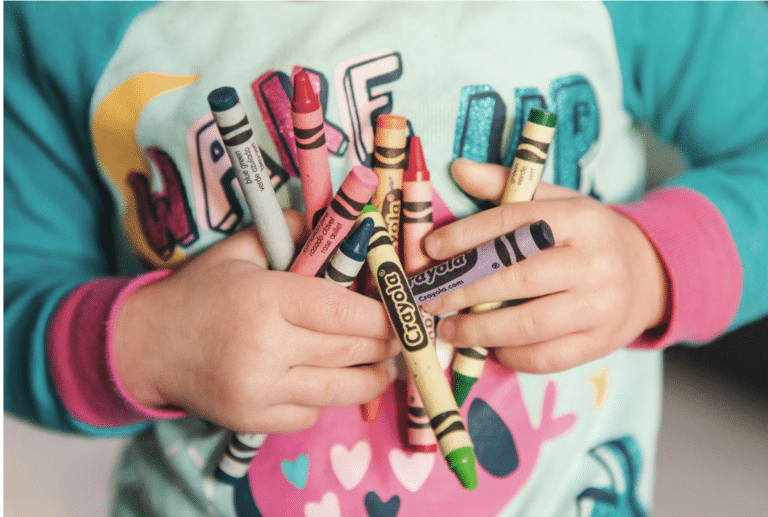The Stages of Child Speech Development: A Parent’s Guide
Child speech development is a crucial aspect of a child’s overall development. As a parent, it is important to understand the milestones and stages of speech development in order to support your child’s language skills effectively. The journey of speech development involves several key stages, each with its own set of milestones and challenges.
The first stage is babbling, which typically begins around 6 to 8 months of age. During this stage, infants experiment with different sounds and syllables, laying the foundation for future language acquisition. Around 12 months of age, children start producing single-word utterances, like “mama” or “dada.” This marks the transition from babbling to using meaningful words.
As their vocabulary expands, children progress to combining two words together, forming simple phrases or sentences. By the age of 3, most children can communicate using full sentences and engage in basic conversations with others. Your role as a parent is vital in facilitating your child’s progress through each of these stages.
Key Takeaways:
- Understanding the stages of child speech development is crucial for parents.
- Babbling is the first stage, followed by single-word utterances and two-word combinations.
- Supporting your child’s language skills involves creating a supportive environment and engaging in speech-promoting activities.
- Reading to your child regularly can enhance language development.
- Be patient and provide consistent support and encouragement as your child progresses through each stage.
Understanding the Milestones of Child Speech Development
The first stage of child speech development is babbling, which typically begins around 6 to 8 months of age. During this stage, infants experiment with different sounds and syllables, laying the foundation for future language acquisition.
Around 12 months of age, children start producing single-word utterances, such as “mama” or “dada.” This marks the transition from babbling to using meaningful words.
As the child’s vocabulary expands, they will start combining two-word combinations together, forming simple phrases or sentences.
By the age of 3, most children can communicate using full sentences and engage in basic conversations with others.
It is important for parents to encourage and reinforce their child’s attempts at speech during each of these stages.

| Stage of Speech Development | Age Range | Milestones |
|---|---|---|
| Babbling | 6 to 8 months | Experimenting with different sounds and syllables |
| Single-Word Utterances | Around 12 months | Using meaningful words like “mama” or “dada” |
| Two-Word Combinations | 18 to 24 months | Combining words to form simple phrases |
| Full Sentences | By age 3 | Communicating using complete sentences |
How to Support Your Child’s Language Skills
Supporting your child’s language skills is essential for their overall development. By creating a supportive environment and implementing effective communication strategies, you can enhance their language development.
First and foremost, it is crucial to engage in frequent verbal interactions with your child. Talk to them throughout the day, describing objects, actions, and emotions. This exposure to spoken language will help them develop their vocabulary and comprehension skills.
Incorporating speech-promoting activities can also contribute to your child’s language development. Singing songs, reciting nursery rhymes, and playing word games are excellent ways to encourage speech production and engage their language skills. Additionally, using picture books and storytelling can stimulate their imagination and expand their vocabulary.
Another effective strategy is to use gestures and visual cues. When naming objects, point to them to reinforce the connection between the spoken word and the object. This can aid in comprehension and vocabulary acquisition.
Importantly, it is essential to be patient and understanding while supporting your child’s language skills. Every child develops at their own pace, so providing consistent support and encouragement is key. Celebrate their efforts, praise their progress, and create a positive and nurturing environment for their language development.
FAQ
What are the key stages of child speech development?
The key stages of child speech development include babbling, single-word utterances, two-word combinations, and eventually, the development of full sentences.
At what age does babbling typically begin?
Babbling typically begins around 6 to 8 months of age.
When do children start producing single-word utterances?
Children start producing single-word utterances around 12 months of age, marking the transition from babbling to using meaningful words.
How do children progress from single-word utterances to full sentences?
As the child’s vocabulary expands, they will start combining two words together, forming simple phrases or sentences.
At what age can most children communicate using full sentences?
By the age of 3, most children can communicate using full sentences and engage in basic conversations with others.
What strategies can parents use to support their child’s language skills?
Parents can create a supportive environment by engaging in frequent verbal interactions, providing opportunities to listen and imitate speech, and reading regularly. They can also incorporate speech-promoting activities, such as singing songs, playing word games, and using picture books.
How can gestures and visual cues aid in language development?
Using gestures and visual cues, such as pointing to objects while naming them, can aid in comprehension and vocabulary acquisition.
What should parents do to support their child’s speech development?
Parents should be patient and understanding, allowing their child to develop at their own pace while providing consistent support and encouragement.
Source Links
- https://www.theguardian.com/world/live/2024/feb/11/middle-east-crisis-live-international-warnings-mount-ahead-of-planned-rafah-offensive
- https://www.bostonherald.com/2024/02/11/friendly-quinton-loves-playing-with-water/
- https://www.theguardian.com/world/2024/feb/11/myanmars-junta-declares-it-will-enforce-military-service-laws-for-young-people






